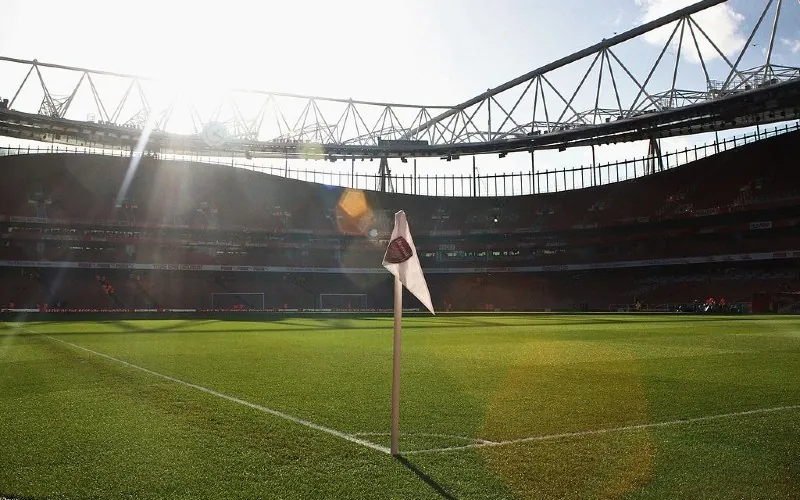The way we watch, engage, and interact with our favourite sports clubs is undergoing a seismic shift, with data taking an ever more important role in fan engagement. Sports clubs are now re-evaluating how to future-proof their strategy to attract and retain loyal fans.
Matchday may be the ‘pinnacle’ for sports fans, but for sports clubs, the real battleground is that period between the ‘live-action’ and the ‘actual creation’ of a deep and enriching relationship with their fan base. As competition is heating up to win the hearts and minds of fans through relevant marketing and compete through the ‘noise’, the pressure is on sports clubs and associations to become more innovative.
But despite the vast data sets at the fingertips of sports marketers, there is much room for improvement when it comes to delivering relevant, personalised communications or messages, experiences, or content to fans in real-time.
Cheetah Digital research found that more than half of fans will share psychographic data points like purchase motivations and product feedback with sports brands, while half desire incentives like coupons, loyalty points or exclusive access in return for their data.
The company has partnered with several of the world’s top sports brands and organisations, including Arsenal Football Club and the Football Association, which are leveraging a zero-party data strategy to connect with fans on every digital channel and collect preference insights to drive personalisation initiatives.
Serving Arsenal fans
North London club Arsenal harness data to enhance digital engagement amongst one of the largest fan bases in the world, claimed to be upwards of 750 million people.
The club built out its omnichannel campaign strategies through various technologies, ensuring the communication it sends out is relevant to fans and communicated on the right platforms at the right times in the right tone.
Adam Rutzler, senior campaign and insight manager at Arsenal, says the most crucial aspect of his team’s work is ensuring that fans receive the best content that’s most relevant to them. “We work with a magic triangle, the power of three – transactional data, a demographic segmentation, persona-led approach, and behavioural data,” he explains.
“We get a solid understanding of our fans by taking the combination of these three things and hitting the sweet spot in the middle. What are our fans buying, who are they, and how do they engage with our football club – that’s when we really get the power of understanding our fans, what they want from us, and how we can best give that to them.”
For example, Arsenal has found the score predictor game is well received with fans. It encourages them to guess the score of the upcoming match to win a prize. And that prize can be anything from signed shirts to training kits — whatever fans desire.
Where Arsenal has noticed the most traction and where it’s getting some real buy-in from fans, however, is in giving away those money-can’t-buy prizes, such as corner flags from matches: memorabilia is truly meaningful to fans who are passionate about their teams.
Rutzler says he’s excited about all the possibilities data opens up for the club. “What’s exciting about the insights we’re working with right now to continue understanding our global following is the possibility of turning our triangle into a square by adding psychographic data in,” he continues.
“We want to understand the fans’ attitudes, aspirations, and personalities. That will allow us to find out what motivates them to engage with certain communications of ours. If we understand that, it would provide us with some very powerful insights.”
SportTech 50 – UK’s most innovative sports technology creators for 2021
The FA’s value proposition
The FA, meanwhile, has a grand ambition to double its contactable CRM database by 2024. Achieving this will drive direct revenue, boosting sales for the FA directly. It will increase partner revenue, expanding their reach and resonance with partners. And it will also drive participation in the sport at a grassroots level, which is basically the cornerstone of what the FA does.
In terms of value exchange, the club is achieving above-average conversion rates, using a diverse set of tools like team sectors, man-of-the-match polls, and score predictors for upcoming FA Cup competitions. According to Paul Brierley, CRM & membership lead, the reason the FA’s strategy has been so effective boils down to its value proposition and relevance.
“Cheetah experiences, in particular, are helping us to drive an incredibly effective value exchange with fans. The combination of sought-after prizes, relevance and timing of that prize, and a compelling gamification experience is producing a highly successful channel for fan experience and data growth,” he says.
According to Mark Taylor, senior strategic account executive at Cheetah Digital, there’s now no other way for a sports club to be successful without understanding its fan base.
“It’s paramount to capture their motivations, intentions, and preferences at scale to provide a truly personalised experience. By leveraging Cheetah Experiences and offering a value exchange, fans will tell all – the products they desire, what they look for in a loyalty program, and what motivates them to engage. And that information translates to a hugely successful club both now and into the future,” he says.


